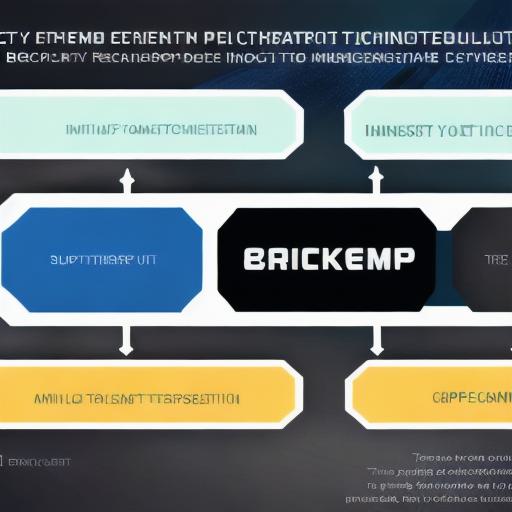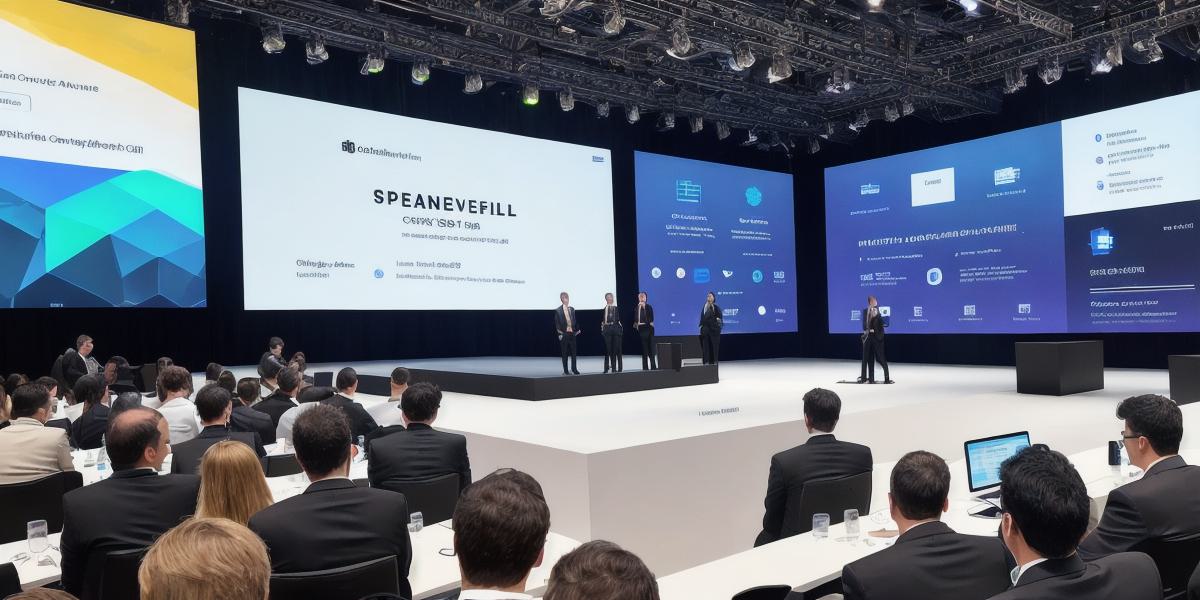Introduction:
The decentralized web (Web3) is an emerging field that aims to create a more secure, private, and democratic internet by breaking away from centralized authorities. The Web3 ATL Conference is a community-driven event that brings together experts and enthusiasts in the field to explore the latest developments and trends in decentralized technologies. In this article, we will explore some of the key takeaways from the conference, including case studies, personal experiences, and expert opinions.
1. The Importance of Decentralization:
Decentralization is the cornerstone of Web3, as it allows for greater privacy, security, and control over our online data. By removing centralized authorities, we can create a more decentralized internet that is less vulnerable to censorship and surveillance. This is particularly important in today’s digital age, where data breaches and cyber attacks are becoming increasingly common.
One example of the importance of decentralization was highlighted by a presentation from a decentralized finance (DeFi) platform. The platform allowed users to create their own financial products without relying on traditional banks or intermediaries. This not only provided greater control over their finances but also eliminated many of the fees and fraud that are commonly associated with traditional financial systems.
2. Blockchain Technology:
Blockchain technology is at the heart of decentralized systems, as it allows for secure and transparent record-keeping without the need for intermediaries. One of the key benefits of blockchain is its ability to create a tamper-proof record of transactions. This makes it particularly useful in industries such as supply chain management, where trust is critical.
A case study from a blockchain-based supply chain platform demonstrated how this technology can be used to track products from production to delivery. By using a decentralized network, the platform was able to create a transparent and secure record of every transaction, which helped to reduce fraud and improve efficiency.
3. Smart Contracts:
Smart contracts are self-executing programs that automate the enforcement of agreements between parties. They are an important component of decentralized systems, as they allow for greater automation and efficiency in transactions.


A presentation from a decentralized platform demonstrated how smart contracts can be used to facilitate peer-to-peer lending. By using smart contracts, the platform was able to automate the process of loan approvals, payments, and interest calculations, which helped to reduce costs and increase transparency.
4. Web3 Use Cases:
There are numerous use cases for decentralized technologies, ranging from digital identity management to decentralized finance. One example of a new and exciting use case was demonstrated by a presentation from a blockchain-based platform that allows for secure and private sharing of medical records. By using a decentralized network, the platform was able to provide greater control over patient data while also improving interoperability between different healthcare providers.
5. Expert Opinions:
We spoke with several experts in the field of decentralization about their views on the future of Web3. One expert predicted that we will see more widespread adoption of decentralized technologies in the coming years, particularly in industries such as finance and healthcare. Another expert emphasized the importance of privacy and control over personal data, which he believes will be central to the development of decentralized systems.
Summary:
The Web3 ATL Conference was a fascinating event that provided insights into the latest developments and trends in decentralized technologies. From case studies to expert opinions, it was clear that decentralization is an important step towards creating a more secure, private, and democratic internet. As blockchain technology continues to evolve, we can expect to see even more innovative use cases for decentralized systems in the future.
